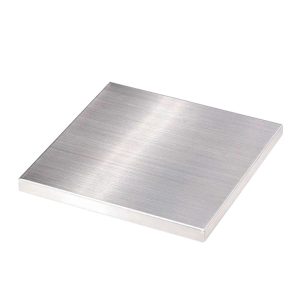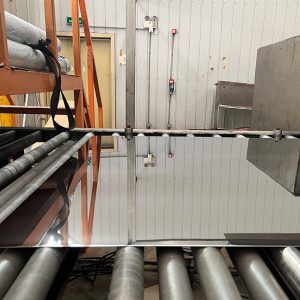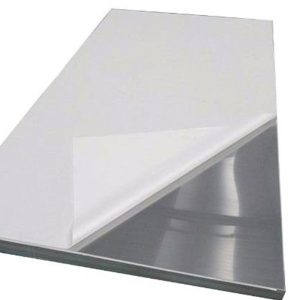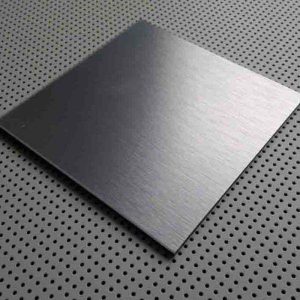What is 316 stainless steel good for?
08-28-2024
In the world of metals and alloys, stainless steel stands out as a material of exceptional value due to its corrosion resistance, strength, and versatility. Among the various grades of stainless steel, 316 stainless steel stands apart as a premium choice for numerous applications across industries. This article delves into the unique properties of 316 stainless steel and explores what makes it so good for a wide range of uses.
What is 316 Stainless Steel?
316 stainless steel, also known as AISI 316 or SUS 316, is an austenitic stainless steel alloy that belongs to the 300 series. It contains a higher percentage of nickel and molybdenum compared to other stainless steel grades, such as 304. This composition gives 316 stainless steel its exceptional resistance to corrosion, especially in environments with high chloride content, such as saltwater or chlorine-rich solutions.
Key Properties of 316 Stainless Steel
● Corrosion Resistance: The addition of molybdenum significantly enhances 316 stainless steel's ability to withstand corrosion, making it suitable for applications in harsh, corrosive environments.
● High Strength: Despite its corrosion resistance, 316 stainless steel maintains good mechanical strength, allowing it to withstand significant loads without deforming or breaking.
● Excellent Formability: It can be easily welded, machined, and fabricated into complex shapes, making it a versatile material for custom designs and applications.
● Good Temperature Resistance: It retains its strength and corrosion resistance at elevated temperatures, making it suitable for use in high-temperature environments.
● Hygiene and Cleanliness: Its smooth, non-porous surface makes 316 stainless steel easy to clean and sanitize, making it ideal for food processing, medical equipment, and pharmaceutical applications.
Applications of 316 Stainless Steel
● Marine Industry: Given its superior corrosion resistance in saltwater, 316 stainless steel is the material of choice for marine equipment, including boat fittings, pumps, valves, and piping systems.
● Chemical Processing: In the chemical industry, where exposure to harsh chemicals is common, 316 stainless steel ensures the integrity of equipment and piping, reducing maintenance costs and downtime.
● Food and Beverage Industry: Its hygienic properties and resistance to corrosion from acids and cleaning agents make 316 stainless steel the preferred material for food processing equipment, tanks, and storage containers.
● Medical Devices: In the medical field, 316 stainless steel is used to manufacture surgical instruments, implants, and other medical devices due to its biocompatibility and ease of sterilization.
● Architectural Applications: Its durability, aesthetic appeal, and resistance to weathering make 316 stainless steel a popular choice for exterior cladding, handrails, and decorative accents in high-end buildings.
● Oil and Gas Industry: Its ability to withstand high temperatures and corrosive environments makes 316 stainless steel suitable for use in pipelines, valves, and other components in the oil and gas sector.
Conclusion
316 stainless steel is a versatile and durable material that offers numerous advantages over other metals and alloys. Its superior corrosion resistance, high strength, temperature tolerance, and ease of fabrication make it an excellent choice for a wide range of applications, from marine equipment to medical devices. Whether exposed to harsh environments or required to meet stringent hygiene standards, 316 stainless steel consistently proves its worth as a premium material for demanding applications.









